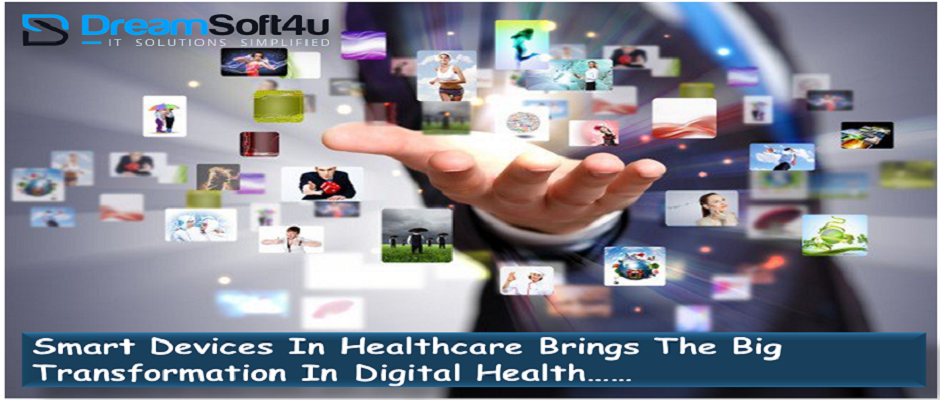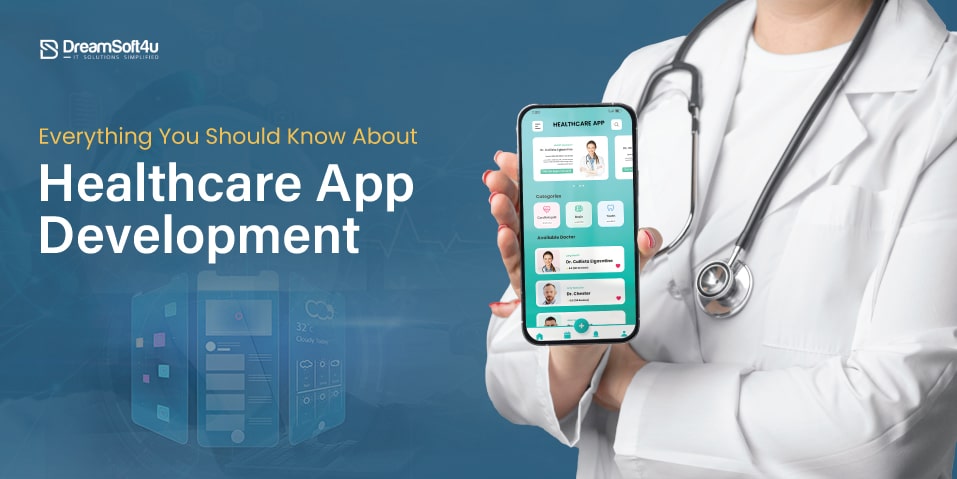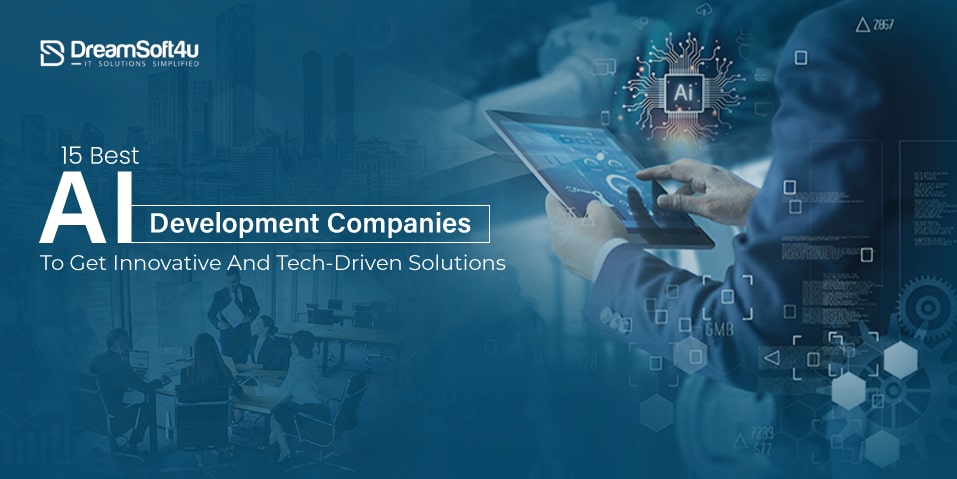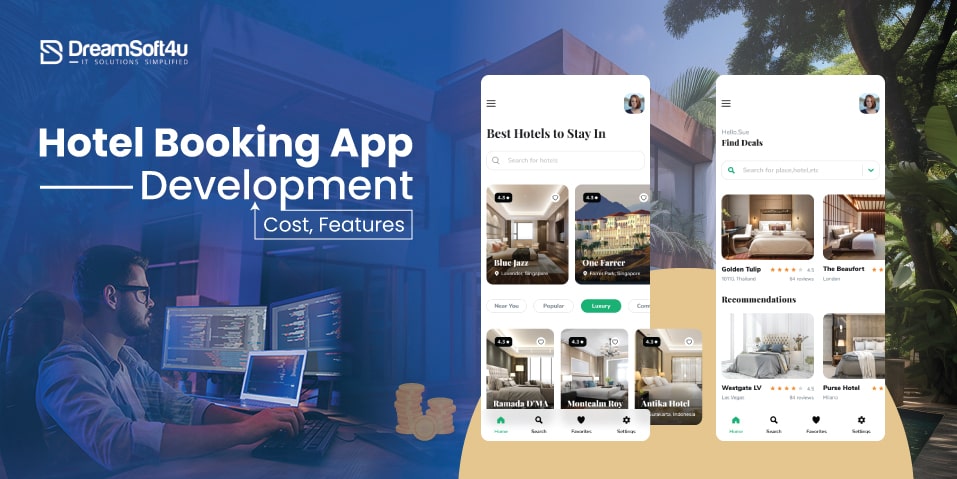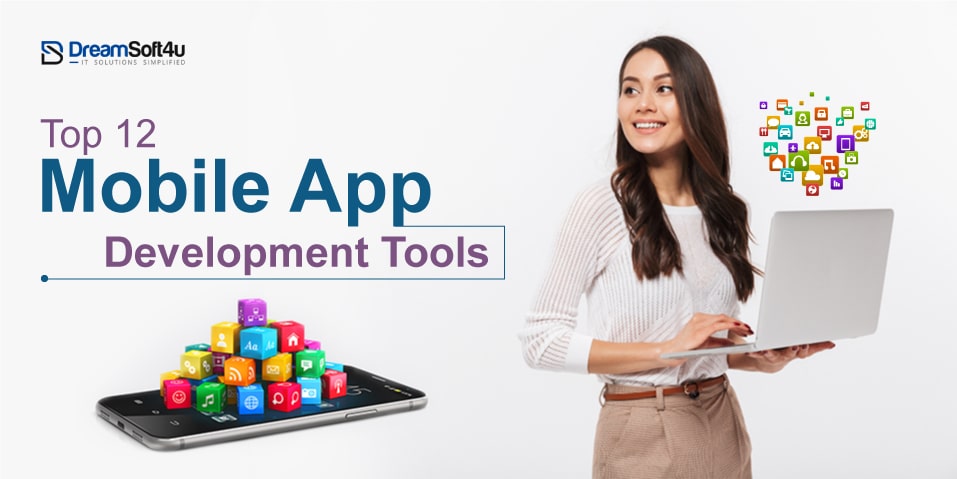Smart devices are bringing a big transformation into digital health, revolutionizing healthcare delivery and empowering patients with personalized, cost-effective, and efficient solutions. From wearable fitness trackers to AI-enabled diagnostic tools, these devices are reshaping the future of healthcare industry.
Research is going on in every sector of science. With the quick adoption of new technology, the health sector continues to innovate using the vast Web-connected universe known as the Internet of Things.
Healthcare IT Solutions providers are using the latest generation of information technologies, such as the internet of things (loT), big data, cloud computing, and artificial intelligence. IoT in Healthcare is the process of shifting from ‘paper to electronic’ to transform the traditional medical system will help in enhancing the efficiency of the healthcare system but also will make healthcare more convenient, and more personalized.
IoT technology keeps patients better connected to doctors and in this article; we will look at 10 examples of IoT in healthcare that demonstrate what medicine is becoming capable of thanks to technology.
Table of Contents
Toggle1. Remote Patient Monitor
30% of the total medical patients are generally re-admitted to the healthcare centres post-surgery. The question here arises as to why. The answer to this is a mere lack of monitoring patients and tackling and managing an emergency is still a big challenge. Remote patient monitoring is only possible by collaborating with IoT. There are several wearable devices that come with in-built sensors meant for monitoring patients’ health the entire day, so notify the doctor about the same.
2. Hospital Operation Management
Many people work in and around the medical centers or hospitals, making it busy and crowded. In such a situation, stealing medical equipment or tools used for treating patients can cost a person’s life. At times, doctors and staff are so busy that they fail to look after the patient immediately. In such conditions, IoT or the Internet of Things can acclimate all issues and find the most reliable solution.
Insights of this application.
- It minimizes the cost of medical tools and equipment to monitor an individual’s present condition.
- Hospital authorities or staff members will have an understanding of when to replace any expired or outdated tools.
- Internet of Things applications are used for detecting the cleanliness of the hospital and staff’s cleanliness. It helps to eliminate all the germs and bacteria, ensuring the hospital is clean and healthy.
3. Glucose Monitoring
Diabetes is a common chronic health condition. This can result in vital integral organ damage thus, IoT applications with embedded body sensors or wearables which continuously sends and monitors sugar level data in the blood can reduce the risk of diabetes and death.
4. Hearing Aid
IoT in the healthcare sector is crucial and plays an important role. Nearly 466 million people in the world have developed progressive hearing loss issues.
- People can switch on or off the lights from remote places using the voice command.
It can be used as a smoke detector through the use of a smoke sensor.
5. Smart Watches for Depression
Recently, tech-giant Apple kickstarted working on their smartwatch for detecting depression and anxiety levels. Every year, millions of people sit for therapies or take depression treatment. This device can easily track your stress levels and suggest effective solutions. It is a popular and unique example of incorporating AI and ML into the healthcare industry. It predicts the depression level in all individuals in a timely manner.
Insights of this application
- One of the best examples of Internet of Things healthcare solutions.
6. Telemedicine
Telemedicine can be described as a practice where your healthcare expert and staff take complete care of your health remotely, i.e., without being physically present. This is only possible through modern rolls and technology, which allows all doctors to keep track of their patient’s health using the HIPAA-compliant video-conferencing tool.
7. Cancer Detection by IoT Devices
IoT has been proven excellent for most injuries; however, it holds great potential in the healthcare sector as well. After lung cancer, breast cancer is the second most dangerous and common cancer prevailing in women. “ITbra” can be used for detecting breast cancer in women by analyzing the chances in the temperature with 7 embedded sensors present on the breast tissue.
Insights of this application
- There are no side effects or radiation of this technology.
- Eliminates the cost incurred in normal cancer detection.
8. Coagulation Testing
It is a Bluetooth-enabled coagulation system that allows patients to check how quickly their blood clots. This device can help patients with self-testing to stay within their therapeutic range and lower the risk of stroke or bleeding. The readings collected from this device are also transmitted to healthcare providers leading to fewer clinic visits. The device also allows patients to add comments to their results, reminds them to test, and flags the results concerning the target range.
Conclusion
DreamSoft4U Pvt. Ltd. is a leading company in Healthcare IT Solutions in India, USA, and South Africa countries that aims to help healthcare organizations to cope up with innovation in healthcare through specialized solutions and healthcare technology platforms. With front-line technology, top-notch service quality, we help healthcare providers to focus on delivering quality care rather than running an IT department. That’s why we provide HIPAA-compliant Telemedicine app development services, EMR, EHR, Medical Billing, Health Information Exchange, Patient Data Management solutions, etc.
FAQs
Q1. Are smart devices in healthcare secure and compliant with privacy regulations?
Yes, smart devices in healthcare can be made secure and compliant with privacy regulations by implementing proper security measures and adhering to industry standards
Q2. What are some challenges associated with implementing smart devices in healthcare?
With any smart device integration project, the premiere challenges are interoperability, data privacy, and regulatory compliance. Talk to one of our IoT experts for more details.
Q3. What are the healthcare software development time and cost?
The time and cost will depend primarily complexity of the device, required features, and extent of integration with existing systems.
Q4. What are some examples of smart devices being used in healthcare today?
Some examples of smart devices being used in healthcare today include wearables for monitoring health parameters, smart pill bottles to track medication adherence, and remote patient monitoring devices.

